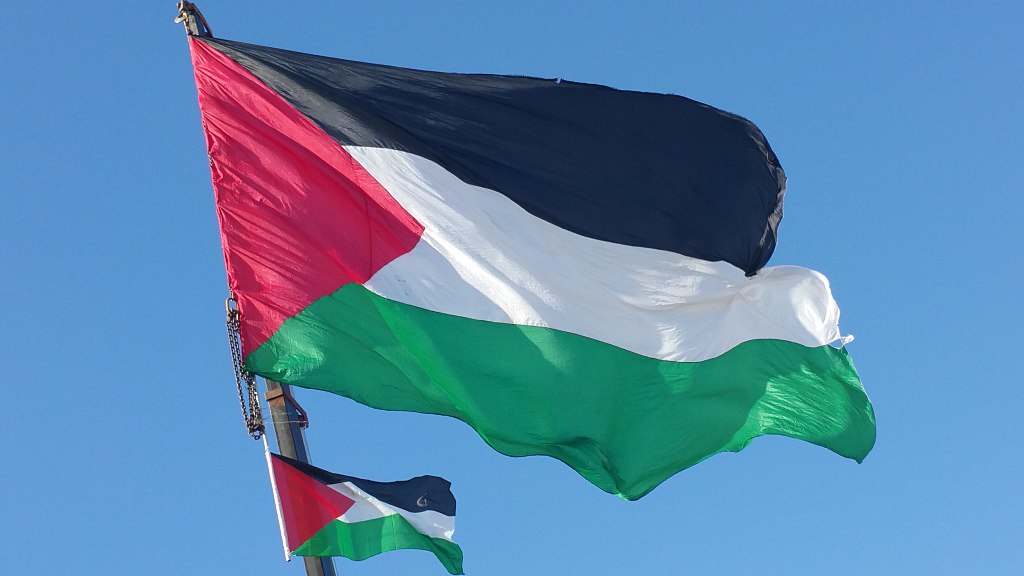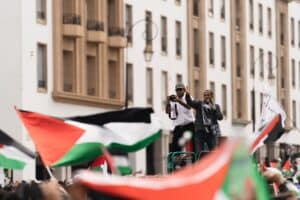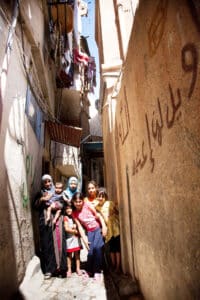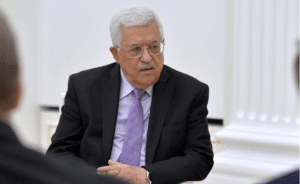Leading up to Ramadan, tensions has risen between Israel and the Palestinian Territories. In Israel, eleven people were killed in three separate attacks. On March 31, two Palestinian men were killed by Israeli security forces at a massive arrest. Fifteen people were wounded, among whom an Israeli soldier. The events spark concern over the fragile situation in the area. Last year, riots at the Jerusalem Al-Aqsa Mosque instigated a brief war between Israel and Hamas.
Attacks in Israel
The first attack, in Beersheba was linked to the Islamic State (IS) and conducted by a member of Israel’s Negev desert Bedouin community. He was associated with IS on various occasions. It was one of the deadliest attacks in Israel in recent years, killing four and wounding two. The second attack, in Hadera, was also linked to IS. Two men killed two Israeli border guards there – wounding six others.
The third attack, in Tel Aviv, was linked to a Palestinian man from the West Bank. The 26-year-old killed five, after which he was killed by security forces. It is reported to be a ‘copy-cat’ attack, where the attacker was inspired by earlier attacks. However, on first sight, these attacks do not seem connected or coordinated.
Security forces on high alert
Police and security forces in Israel have been put on high alert after the attacks. It raises tension in the West Bank, where according to the UN, already fifteen Palestinians were killed this year. Israeli security forces have arrested fifteen people in Jenin, West Bank, after the deadly Tel Aviv attack was linked to people from this city.
Meanwhile, Israeli Prime Minister Bennett told Israelis that “this is the time to carry a weapon”. He added that “after a period of quiet, there is a violent eruption by those who want to destroy us, those who want to hurt us at any price, whose hatred of Jews, of the State of Israel, drives them crazy.” In various places, it is reported that Jewish vigilantes assault Palestinians, only exacerbating tensions.
Palestinian President Mahmoud Abbas has condemned the attacks. “The killing of Palestinian and Israeli civilians will only lead to further deterioration of the situation, while we are all striving for stability”, Abbas warned. Various militant Palestinian organizations praised the attacks, calling upon their members to continue the struggle against Israel.
De-escalating the situation
Israeli forces often shut off entire Palestinian areas of villages as a form of “collective punishment”. Human rights organizations decry these policies, that often only exacerbate existing tensions. In Israel and the Palestinian Territories, tensions are already very high, especially as various important Jewish and Islamic religious holidays are coming up. It remains crucial that mutual peace is respected through policies of de-escalation in stead of escalation.
Sources: Al Jazeera Reuters Ynet News BBC Haaretz
Photo: WikiMedia Commons



